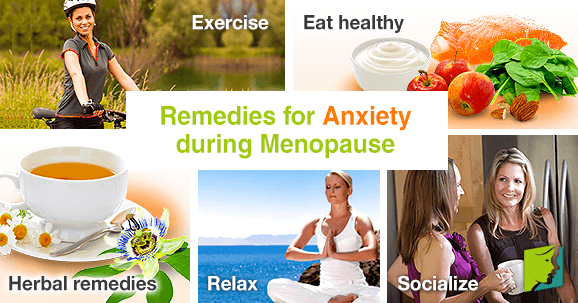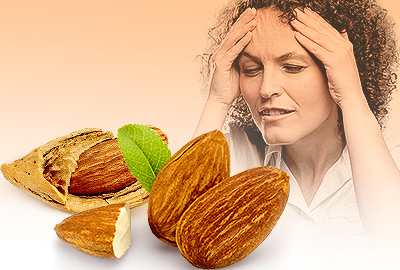Anxiety disorders affect more than 40 million Americans. Anxiety is a common symptom of menopause because of the hormone fluctuations that women experience during this time. It is a psychological state that is characterized by the overwhelming feelings of worry. There are various remedies for anxiety, so it is important to find out which one works best for you.
Causes of Anxiety
As previously stated, the leading cause of anxiety in middle-aged women are hormone fluctuations experienced during menopause. A woman's estrogen levels fluctuate, drop, and remain consistently low during the menopause transition. Estrogen significantly affects the brain's regulation of mood and emotions.
Consequently, when a woman's estrogen levels drop during menopause, she is at higher risk of mental health disorders. Other factors that can trigger anxiety include high stress, genetics, certain medications, excessive caffeine intake, emotional trauma, lack of exercise, and poor diet.
Finding Relief
Several lifestyle adjustments can help manage anxiety:
Exercise
The most effective way to reduce stress and release “feel-good” neurotransmitters, like serotonin, is moderately-intense cardiovascular activity. It is recommended to get at least 30 minutes of aerobic activity daily for a total of 150 minutes a week. Exercising can also significantly increase energy levels, lift mood, and improve the efficiency of the heart, lungs, and muscles. Walking, cycling, and swimming are all good forms of low-impact workouts that still stimulate serotonin release.
Eat healthy
Don't skip meals! This is crucial for preventing anxiety symptoms, like irritability and headaches. Making simple dietary changes can be beneficial in reducing anxiety symptoms. Try including protein, fiber, omega-3 fatty acids, and fruits and vegetables into meals for maximum energy and alertness. Salmon, spinach, apples, almonds, and low-fat yogurt are all healthy foods that have been known to help ease anxiety.
Herbal remedies
Herbs with strong sedative properties have been shown to help lessen anxiety symptoms, calm the nerves, and ease restlessness and nervousness. Chamomile, lavender, hops, valerian, lemon balm, and passion flower are all sedative herbs that are popular for treating anxiety disorders. These herbs may be taken in supplement or extract form (i.e., capsules, teas, tinctures).
Relax
Taking time every day for yourself and relaxing is key to treating anxiety. Try taking a soothing bath, reading, or meditating to relax the body and mind after a long day. Try breathing exercises and letting go of the day's pressures and worries.
Socialize
Talking to close friends and family can help relieve tension. Try to make time to see friends and family throughout the week, or at least to give them a call. Having a solid support system is vital to your mental health.
Anxiety is a common symptom among menopausal women because of hormone fluctuations experienced during that time. It can range from mild to severe, and can interfere with everyday life and relationships. On average, anxiety affects 40 million Americans. There are many natural treatment options that have shown to be beneficial, economical, and easy to do. It is important to try and find the treatment option that works best for you.
Sources
- National Institute of Mental Health. (n.d.). Anxiety Disorders. Retrieved September 17, 2014, from http://www.nimh.nih.gov/health/publications/anxiety-disorders/index.shtml




